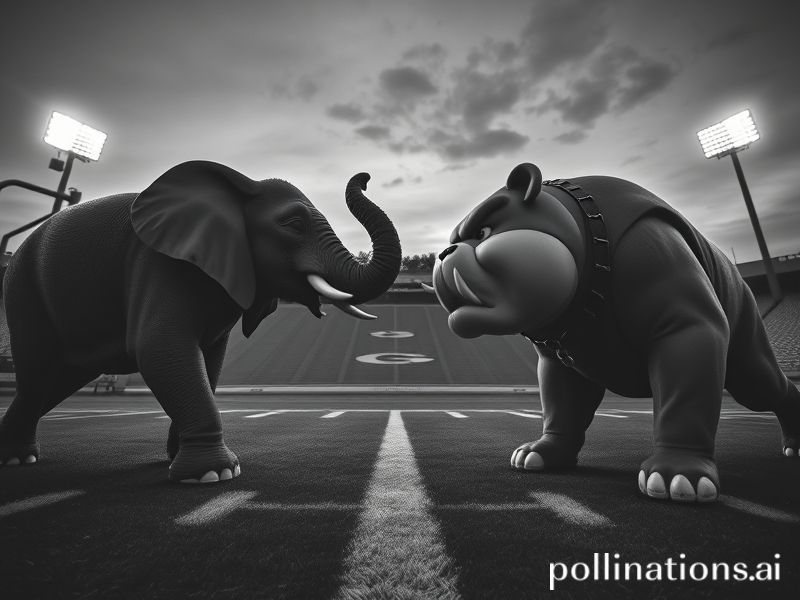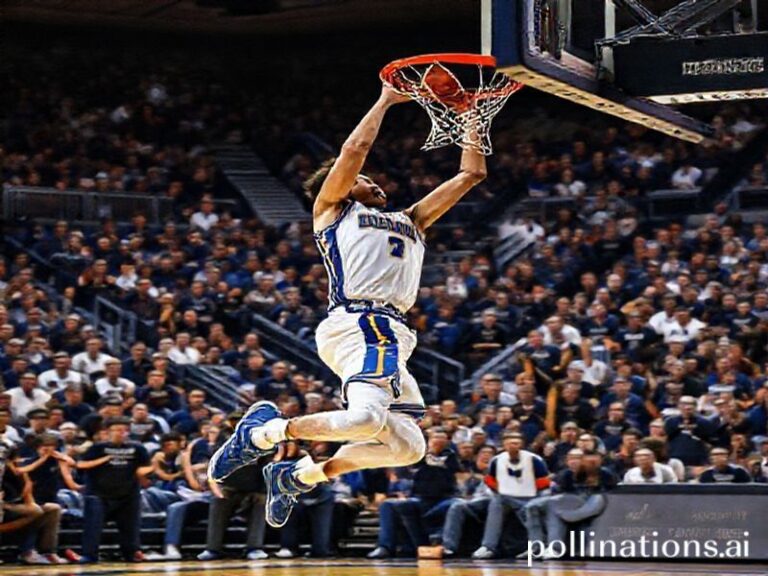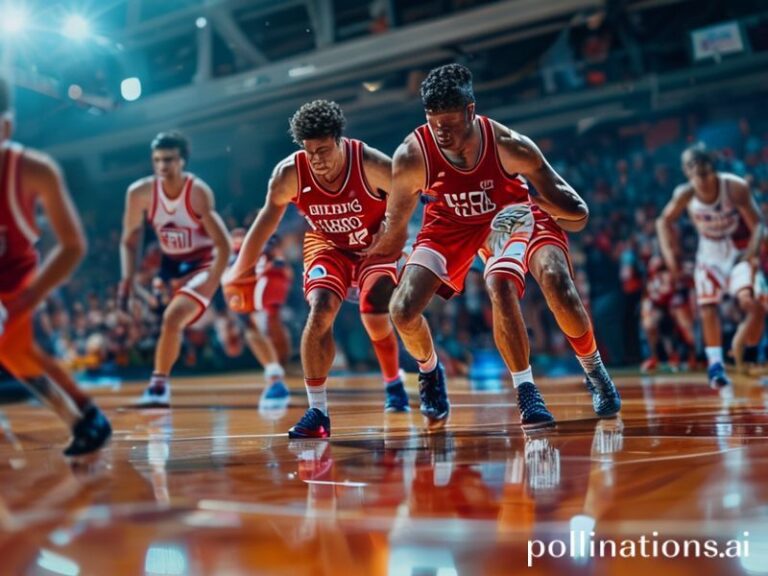SEC Permanent Opponents: How a Southern Football Schedule Became a Global Branding Masterclass
The phrase “SEC permanent opponents” sounds like a Pentagon euphemism for countries Washington never plans to invite to the cookout. In fact, it is a scheduling innovation cooked up by the Southeastern Conference—American college football’s most profitable circus—to guarantee that certain teams play each other every year even after the league swelled to 16 members like a hedge-fund manager’s waistline. The rest of the planet, however, greeted the news with the same polite confusion it reserves for pumpkin-spice lattes and the Electoral College: “Ah yes, Alabama must face Auburn until the sun burns out. Very important.”
Yet the ripple effects are surprisingly global. When Texas and Oklahoma—two programs whose logos are already stitched onto ballcaps from Lagos to Lahore—were formally welcomed into the SEC, the conference quietly drew up a matrix of “permanent opponents” to preserve century-old grudges and television ratings. Translation: the Longhorns will now duel Texas A&M annually, a rivalry suspended since 2011 when the Aggies stormed off to prove they could lose more elegantly elsewhere. Reinstating it ensures ESPN International can sell 30-second spots in Singapore hawker centres where satay smoke curls around flat-screens no one asked for.
Why should anyone beyond the 38th parallel of American absurdity care? Because sport has become the last export the United States still manufactures at scale without congressional hearings. SEC games air live at dawn in Seoul sports bars where traders in tailored suits nurse Cass and pretend not to care whether Georgia covers the spread against Florida. The “permanent opponent” model is, in effect, a cartel agreement: lock in marquee matchups, freeze the product, and ship it worldwide like hormone-fed beef. It is NAFTA with shoulder pads.
Europe, of course, thinks it already solved this puzzle. The English Premier League’s 20 clubs play everyone twice—no sweetheart deals, no protected rivalries, just the cold meritocracy of capitalism. But the EPL also has promotion and relegation, a concept American college administrators regard with the suspicion Sicilians reserve for tax inspectors. Imagine telling the University of Alabama it might drop to the Sun Belt Conference next year because Nick Saban forgot to sacrifice a five-star linebacker to the Ratings Percentage Index gods. The mere thought would cause bourbon shortages from Birmingham to Bangkok.
Meanwhile, China—ever alert to soft-power opportunities—has noticed that Americans will pay $5.99 a month to watch grainy footage of a 17-year-old from Tuscaloosa bench-press a Toyota. Tencent has already inquired about streaming rights packaged with Mandarin-language explanations of why “Roll Tide” sounds like a maritime disaster. The Politburo sees an opening: if Beijing can export TikTok dances, surely it can import fourth-quarter interceptions and sell them back to us wrapped in Alipay ads.
The darker joke is that these “permanent opponents” are anything but. Climate change is turning the South into a kiln; insurance companies now treat Baton Rouge as a pre-existing condition. By 2050 the Iron Bowl might be played in Toronto for the air conditioning. Still, the SEC will insist on tradition, shipping turf grown in refrigerated Mississippi greenhouses across the Canadian border like fentanyl in reverse.
And so, beneath the helmets and marching bands, the SEC’s scheduling matrix is merely globalization wearing a foam finger. It teaches the same lesson the World Cup learned decades ago: tribalism sells, nostalgia sells harder, and nothing travels like a fixed grudge wrapped in polyester. The rest of us can sip our overpriced coffee, check the overnight score, and pretend we’re not subsidizing 18-year-olds’ collective bargaining rights one Target ad at a time.
In the end, the phrase “SEC permanent opponents” is less about football than about the human talent for turning anything—grain markets, lithium mines, a children’s game played at southern state schools—into a durable brand. Somewhere in the afterlife, the Roman gladiators are shaking their heads: “All that blood and we never thought to trademark ‘Christians vs. Lions’ on a four-year rotation.” Sic transit gloria mundi, sponsored by Dr Pepper.







